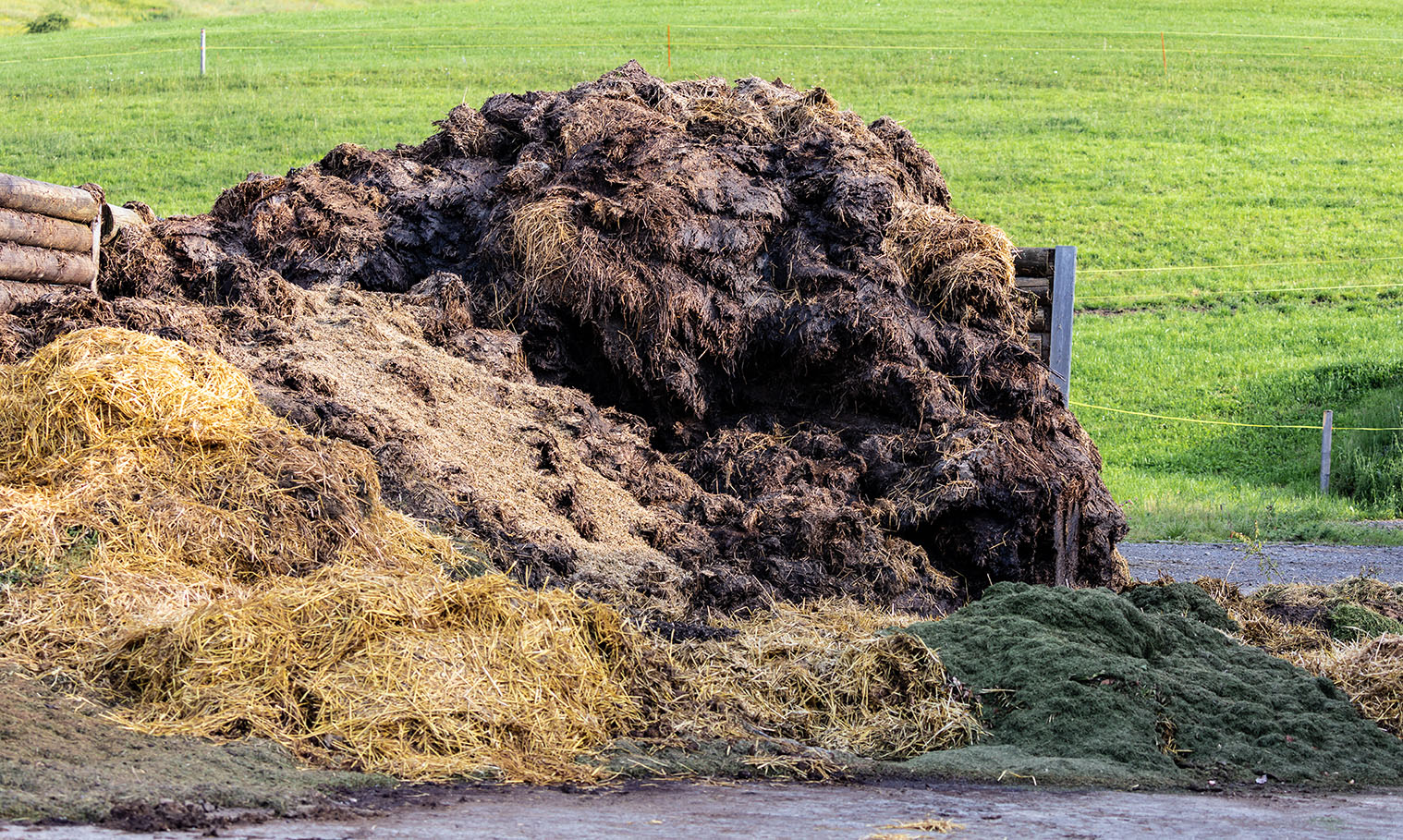
manure
Definition
Manure is the waste product of animals. It is made up of urine and faeces. Manure is a natural fertiliser that can be used to help plants grow.
Manure is a mixture of organic matter, water, and inorganic materials. It contains a variety of nutrients, including nitrogen, phosphorus, and potassium. These nutrients are essential for plant growth.
Manure can be applied to the soil directly, or it can be composted first. Composting manure helps to break down the organic matter and make the nutrients more available to plants.
Manure can also be used to generate biogas. Biogas is a type of renewable energy that is produced by the decomposition of organic matter. Manure is a good source of material for biogas production because it is high in organic matter.
Manure is a valuable resource that can be used to help plants grow, generate energy, and improve soil quality. It is important to manage manure properly to avoid environmental pollution.
How can the word be used?
The manure pile was a smelly but necessary part of the farm.

Different forms of the word
Noun: Animal excrement, especially that of livestock, that is used as a fertiliser.
Verb: To fertilise with manure.
Adjective: Describing something that is made of or contains manure. For example, you could say "manure pile" or "manure fertiliser".
Etymology
The word "manure" comes from the Old French word "menour", which means "dung".
The word "manure" was first used in English in the 13th century. It was originally used to describe the excrement of animals, but it soon came to be used in a more general sense to describe any organic matter that is used as a fertilizer.
Question
What is manure and why is it useful?
AQA Science Exam Question and Answer
Question:
Discuss the role of manure in agriculture and its impact on soil fertility. Provide examples of different types of manure and explain how they contribute to sustainable farming practices.
Answer:
Manure plays a crucial role in agriculture as a natural fertiliser that enhances soil fertility and promotes plant growth. It is the organic material derived from animal waste, such as dung, urine, and bedding materials, along with decaying plant matter. When used as a soil amendment, manure supplies essential nutrients like nitrogen, phosphorus, and potassium to the soil, which are vital for plant growth and development.
There are various types of manure, each with distinct nutrient compositions. For instance, poultry manure is rich in nitrogen, while cattle manure contains a balanced mix of nutrients. Swine manure has a higher phosphorus content. These variations allow farmers to tailor their choice of manure based on the nutrient needs of their crops.
The utilisation of manure in agriculture contributes to sustainable farming practices in multiple ways. Firstly, it recycles organic waste materials, reducing the environmental burden of waste disposal. Secondly, it enriches soil fertility, reducing the reliance on synthetic fertilisers that can have negative environmental impacts. Lastly, manure improves soil structure, moisture retention, and microbial activity, enhancing overall soil health.
However, careful management of manure application is essential to prevent overloading the soil with nutrients, which can lead to nutrient runoff and water pollution. Thus, farmers need to follow proper guidelines for manure application rates and timing. When integrated thoughtfully into farming practices, manure can significantly contribute to sustainable and environmentally friendly agriculture.